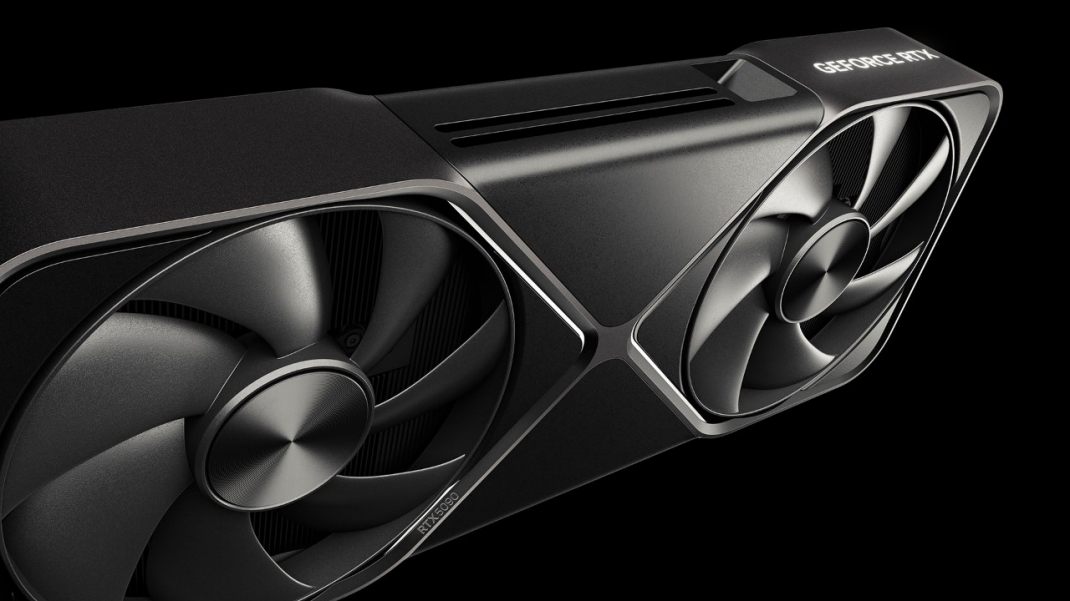- The GeForce RTX 5090 is expected to feature 28GB of memory with a 448-bit GDDR7 memory bus.
- This GPU is projected to achieve a significant 50% increase in bandwidth.
- Nvidia may introduce more expensive variants like the RTX 5090 Ti or Super, potentially with higher memory capacities in the future.
According to a recent report, Nvidia’s upcoming GeForce RTX 5090 is reportedly not going to use all of the memory that the full Blackwell-based GB202 silicon has to provide.
Why it matters: At 28GB of memory, the GeForce RTX 5090 would be be step up over the last two xx90-tier cards.

The Nvidia GeForce RTX 5090 will reportedly be a 28GB graphics card with a 448-bit GDDR7 memory bus. This is a downgrade over the 512-bit memory bus that Nvidia GB202 silicon was supposed to have.
The latest update comes from Panzerlid, who first disclosed the Founder’s Edition PCB design for this GPU. This suggests that only 14 of the 16 memory modules will be used for this graphics card.
Assuming Nvidia stays with the 448-bit memory bus speed, this would result in a total bandwidth of 1568 GB/s, a 50 % boost over the GeForce RTX 4090.
It is also possible that Nvidia might produce a more expensive version of the Blackwell-based GPU if the company is not making the most of its GB202 GPU die. This could result in many high-end cards later on, like the GeForce RTX 5090 Ti, RTX 5090 Super, or even the famous Nvidia Titan series.
Nvidia could launch these high-end cards with additional CUDA cores in the future, and they would probably include 32GB of GDDR7 memory spread across a 512-bit memory bus.
As a result, the company would have the option to produce a flagship GPU with greater power if necessary.
Thank you! Please share your positive feedback. 🔋
How could we improve this post? Please Help us. 😔
[News Reporter]
Malik Usman is student of Computer Science focused on using his knowledge to produce detailed and informative articles covering the latest findings from the tech industry. His expertise allows him to cover subjects like processors, graphics cards, and more. In addition to the latest hardware, Malik can be found writing about the gaming industry from time to time. He is fond of games like God of War, and his work has been mentioned on websites like Whatculture, VG247, IGN, and Eurogamer.




